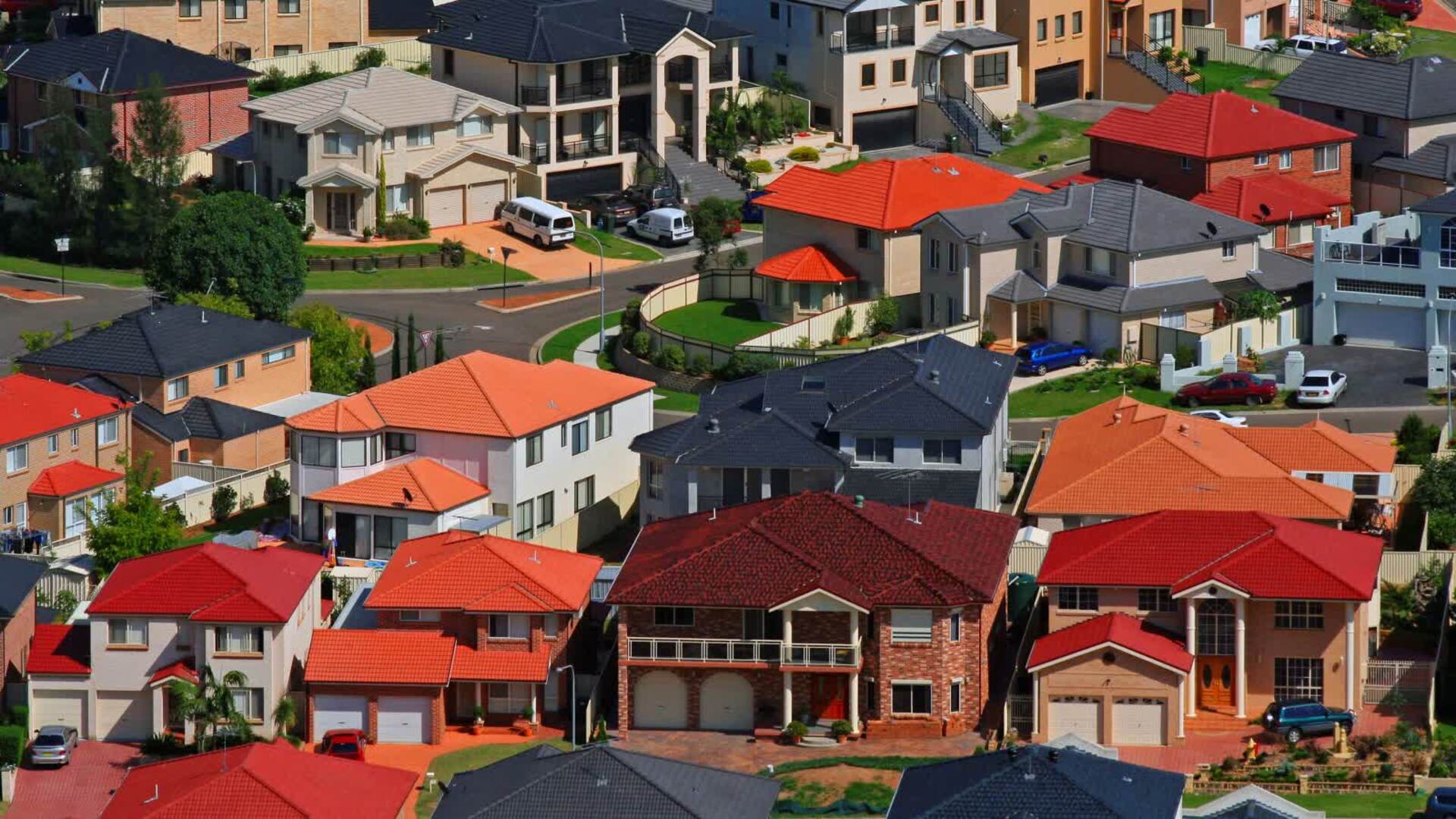Election 2025: Negative gearing overhaul ‘to cost renters $5000’
Anthony Albanese will face a renewed push from teal independents to review negative gearing and capital gains tax in a hung parliament.

Anthony Albanese will face a renewed push from teal independents to review negative gearing and capital gains tax in the event of a hung parliament, as the Coalition claims changes to negative gearing could cost renters more than $5000 a year as housing supply tightens.
The confirmation tax handouts for property investors are still in the sights of several crossbenchers comes as Jim Chalmers this week sought to draw a distinction between seeking “advice” rather than “modelling” from Treasury on tweaking negative gearing and capital gains tax.
It followed the Prime Minister claiming in the leaders’ debate on Wednesday night that modelling had not been sought, despite wide reports in September that the Treasurer had engaged his department on the matter.
“I’ve said on a number of occasions now that I sought a view. Now that’s different to commissioning modelling. The Prime Minister was asked about commissioning modelling. I sought a view,” Dr Chalmers said.
While Mr Albanese has on several occasions stressed he will not negotiate with the Greens, which have put changes to negative gearing and CGT at the top of their priorities in a hung parliament, a number of other crossbenchers on Friday reaffirmed their commitment to reviewing the tax handouts.
Coalition analysis seen by The Australian showed the axing of tax concessions for investment properties would force renters to pay more than $5300 extra to put a roof over their heads.
The figures, which were based off to analysis of Labor’s previous plans to abolish negative gearing and current market settings, found house prices could fall by as much as 5 per cent a year, accompanied by a slowdown in construction. As a result, the cost of renting a home could rise by 7 per cent a year.

The Coalition’s analysis shows that on current market conditions, the median rent in Brisbane could increase from $34,300 to $41,900 a year. In metropolitan Sydney, it cited the example of a home in Parramatta where rents could increase from $36,500 to $42,000 a year or a home in Burnside, Melbourne, rising from $42,800 to $49,200 a year.
“Jim Chalmers proposed a housing tax in opposition, he costed it in government, and he will implement it if given the chance to pay for his higher spending,” opposition Treasury spokesman Angus Taylor said.
“A housing tax isn’t just a tax grab. It is also a guarantee for higher rents for Australians who have been smacked under Labor’s cost-of-living crisis.”
Kooyong independent Monique Ryan said young Australians would not be “greatly helped” by the housing policies announced by the major parties last weekend, indicating something more ambitious was needed to benefit first-home buyers.
“I remain committed to a review of our tax system, aimed at charting a path for evidence-based, sensible tax reform, to address our shrinking tax base and increasing intergenerational inequity,” she said.
“I’ll continue to work towards that if re-elected.”
Warringah MP Zali Steggall said she supported “a thorough analysis of the impact of negative gearing and CGT exemptions”.
Zoe Daniel, the independent for the hotly contested Victorian seat of Goldstein, also said she supported “an everything on the table tax review”. “That includes taxes that relate to property,” she said. “Any review must consider the cost/benefit of changes both for existing owner/investors and prospective buyers. The point of a good-faith review is to not prejudge the outcome.
“We have to take an honest and mature look at the options, without scaremongering, and go from there.”
Despite government frontbenchers seeking to hose down the likelihood of negative gearing being reviewed, the policy still has widespread support in the Labor caucus. In 2019, the Parliamentary Budget Office estimated that unwinding negative gearing and the capital gains tax discount for housing investors would increase taxes by around $32bn over the following decade.
Research firm SQM Research estimated in 2019 that on average rents would rise by around 12 per cent over three years – and up to 22 per cent in some markets in response to Labor’s proposed changes. It also suggested house prices could fall by as much as 16 per cent over three years, with a 25 per cent to 30 per cent decline in housing construction.







To join the conversation, please log in. Don't have an account? Register
Join the conversation, you are commenting as Logout